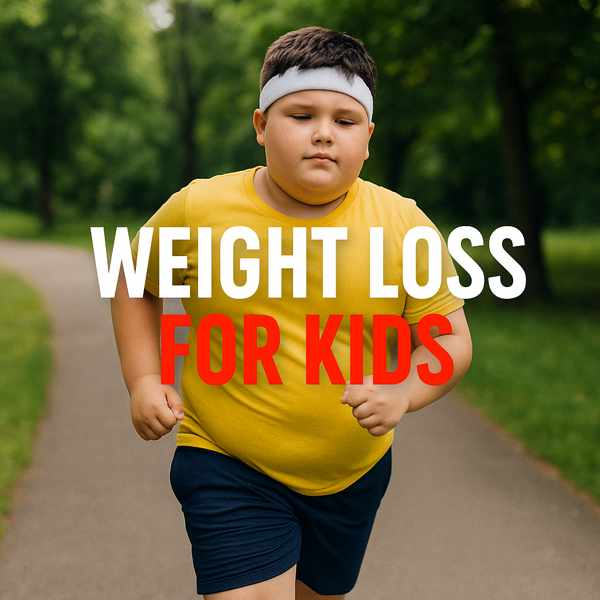Safe and Smart Weight Loss Tips for Kids
Safe and Smart Weight Loss Tips for Kids
Blog Article

More parents are looking for safe and effective ways to support weight loss for kids without causing harm or stress.
Helping children achieve a healthy weight involves supporting their physical and emotional development, not strict dieting or quick fixes.
Understanding Childhood Weight Gain
Children may gain weight due to a mix of factors, such as:
- Too much screen time, not enough movement
- Unbalanced diets
- Emotional eating
- Affects hunger hormones and metabolism
Addressing the root causes helps create long-term solutions.
Recognizing Unhealthy Patterns
Look for:
- Especially without growth spurts
- Low energy or reluctance to be active
- May feel self-conscious or tired
- Changes in eating behavior
Always consult a pediatrician before making major changes.
Helping Kids Build a Balanced Lifestyle
Start with small, sustainable shifts like:
- Avoid processed snacks and takeout
- Adding more fruits and veggies to their plate
- Cut hidden sugars from drinks
- Incorporating daily movement
Make changes together so your child feels supported, not singled out.
Making Movement Fun
Ideas include:
- Increases daily steps naturally
- Encourages more active hobbies
- Builds skills and confidence
- Family fitness challenges
The goal is consistency and enjoyment—not perfection.
Fostering Confidence
Kids need:
- Praise effort, not appearance
- A focus on health, not thinness
- Avoid shame and secrecy
- No matter their shape or size
When kids feel good how to help kids lose weight emotionally, they’re more likely to make healthy choices.
Supporting Kids the Right Way
It may be time to talk to a specialist if:
- You’re not sure what’s safe or age-appropriate
- Your child expresses negative body image
- Medical issues may be involved
- You feel overwhelmed as a parent
Final Thoughts
Weight loss for kids is not about restriction—it’s about nurturing better habits.
Start small, stay kind, and celebrate progress, not perfection. Report this page